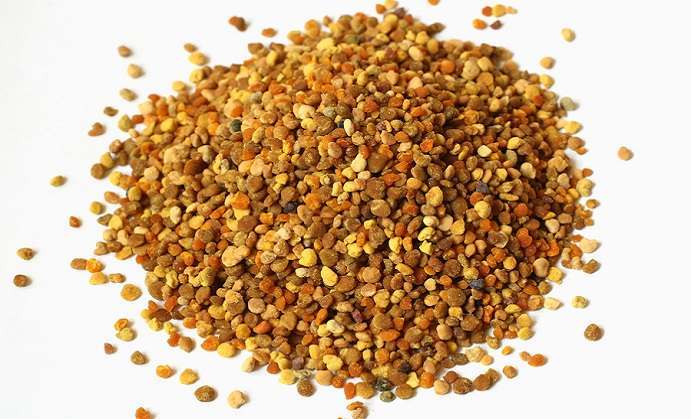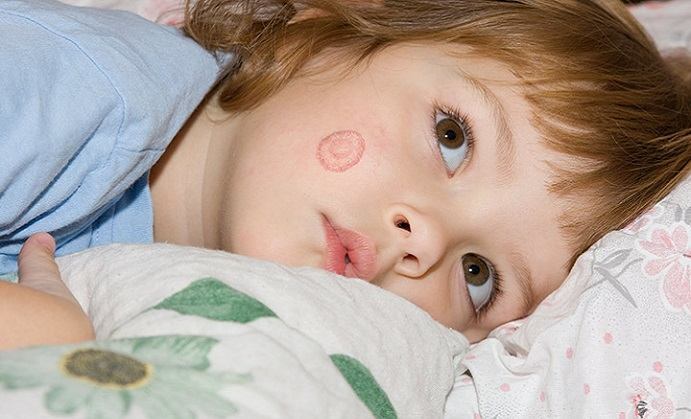Propolis is one of the most ancient and well-known natural substances that can be used in treating skin-related conditions. It’s been known for thousands of years and it has been used by ancient civilizations such as the Greeks, the Assyrians, and the Egyptians. For instance, the Egyptians used to employ it in the mummifying process, while the Greeks used its beneficial effects on local abscesses.
One of the most interesting facts about propolis, a compound produced by bees while making honey, is that it greatly differs depending on the area where the bees live. Thus, the chemical composition of European propolis is different from the one of Brazilian propolis. This is one of the reasons why the compound is difficult to research on a global level.
What can propolis be used for?
Some of the common uses of this substance are the following:
- caring for skin injuries and infections

- improving the way the body reacts to infections
- increasing the immune response of the human body
- treating cold sores and genital herpes
The common places where propolis can be purchased from include health food stores and drugstores. The compound can be taken internally, by capsules or liquid essence, or externally, by ointments and creams.
Is the use of propolis backed by research?
Various studies that have been performed over time prove that propolis has a potentially beneficial effect on cold sores and wounds. Official organizations such as the National Institutes of Health have discovered that this compound helps promote healing in the case of mouth surgery and genital herpes.
 There have been no side effects documented when it comes to propolis intake or cutaneous use. However, since most of the research is lacking important information regarding the way propolis might affect people suffering from chronic conditions, its employment in this social category might be somewhat restricted. Nevertheless, the vast majority of individuals all over the world accidentally eat some propolis while they are consuming honey. Aside from people who have a history of allergies to bees or honey, most consumers can take propolis. If you plan on taking propolis but are unsure of what it might do to your body, have a talk with your personal physician before starting any type of self-medication.
There have been no side effects documented when it comes to propolis intake or cutaneous use. However, since most of the research is lacking important information regarding the way propolis might affect people suffering from chronic conditions, its employment in this social category might be somewhat restricted. Nevertheless, the vast majority of individuals all over the world accidentally eat some propolis while they are consuming honey. Aside from people who have a history of allergies to bees or honey, most consumers can take propolis. If you plan on taking propolis but are unsure of what it might do to your body, have a talk with your personal physician before starting any type of self-medication.
Propolis and Diabetes
Diabetes is a condition that is extremely hard to manage. Foot ulcers and poor wound healing are two of the most common complications of diabetes on the level of the patients’ skin. A wide array of studies that were completed in the last decade shows that two propolis extracts, ethanol, and water, provide a positive outcome when it comes to decreasing levels of blood glucose. Furthermore, the same research indicates that propolis might be involved in decreasing levels of the total cholesterol and triglycerides present in a diabetic’s body. Modulating the glucose and blood lipid metabolism can usually be done by artificial substances. Fortunately, this compound seems to be perfectly able of performing these tasks both naturally and effectively. In addition, it has been proven that propolis intake does not affect body weight gain or food intake, which is why it is safe to use even by people who are prone to obesity.
Do you want to find an effective Ringworm treatment? Check out our top rated Ringworm products











